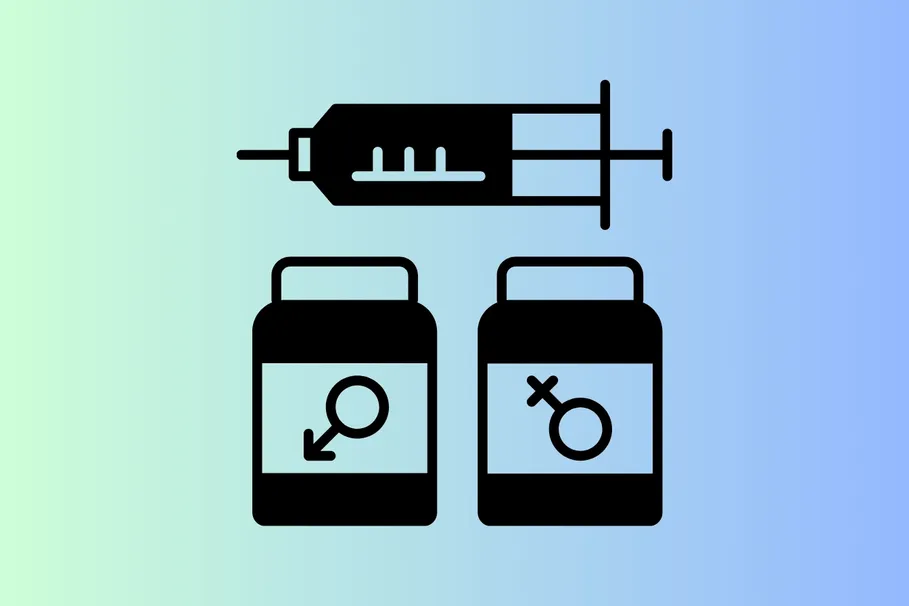Hormones – these tiny chemical messengers play a colossal role in regulating our body’s most vital functions. From influencing mood swings to controlling growth spurts, hormones impact our health in more ways than we often realize. Let’s dive into the fascinating world of hormones and unravel how they shape our well-being.
What Are Hormones?
Hormones are chemicals produced by various glands in the endocrine system. They travel through the bloodstream to tissues and organs, delivering messages that tell the body what to do and when to do it. Some of the primary glands include the thyroid, adrenal glands, pancreas, and reproductive glands (ovaries and testes).
Key Hormones and Their Functions
1. Insulin
Insulin, produced by the pancreas, regulates blood sugar levels. It allows cells to absorb glucose for energy or storage. A deficiency or resistance to insulin can lead to diabetes, highlighting its critical role in metabolic health.
2. Thyroid Hormones (T3 and T4)
Thyroid hormones, produced by the thyroid gland, regulate metabolism, energy production, and growth. Imbalances can lead to conditions like hypothyroidism (sluggish metabolism) or hyperthyroidism (overactive metabolism).
3. Cortisol
Known as the “stress hormone,” cortisol is produced by the adrenal glands. It helps the body respond to stress, regulate metabolism, and control inflammation. Chronic stress can lead to prolonged high levels of cortisol, affecting overall health.
4. Estrogen and Testosterone
These sex hormones are pivotal for reproductive health, but they also influence bone density, muscle mass, and mood. Imbalances can affect everything from sexual function to bone health.
5. Growth Hormone (GH)
Produced by the pituitary gland, GH stimulates growth, cell reproduction, and cell regeneration. It plays a crucial role during childhood and adolescence but is also important for maintaining tissues and organs throughout life.
The Ripple Effect of Hormonal Imbalance
When hormones are in balance, the body operates smoothly. However, even a slight imbalance can trigger a cascade of health issues:
Mood and Mental Health
Hormones like serotonin, dopamine, and cortisol significantly impact mood and emotional well-being. Imbalances can lead to anxiety, depression, and mood swings.
Weight Management
Hormones regulate appetite, metabolism, and fat storage. Leptin and ghrelin, for example, control hunger and satiety. An imbalance can result in weight gain or loss.
Energy Levels
Thyroid hormones and cortisol levels affect energy production and distribution in the body. Imbalances often result in fatigue or erratic energy levels.
Reproductive Health
Sex hormones are crucial for reproductive function. Imbalances can cause menstrual irregularities, infertility, and other reproductive issues.
Maintaining Hormonal Balance
Achieving and maintaining hormonal balance is vital for overall health. Here are some tips:
1. Balanced Diet
Consume a diet rich in whole foods, healthy fats, and lean proteins. Avoid excessive sugar and processed foods which can disrupt hormonal balance.
2. Regular Exercise
Physical activity helps regulate hormones like insulin and cortisol. Aim for a mix of cardiovascular, strength, and flexibility exercises.
3. Adequate Sleep
Quality sleep is crucial for hormone production and regulation. Aim for 7-9 hours of sleep per night.
4. Stress Management
Chronic stress elevates cortisol levels. Practice stress-reducing techniques like meditation, yoga, or deep breathing exercises.
5. Regular Check-Ups
Regular medical check-ups can help detect hormonal imbalances early. Blood tests can assess levels of key hormones and guide appropriate interventions.
Conclusion
Hormones are powerful agents of change within our bodies. Understanding their impact on health helps us make informed choices about diet, exercise, and lifestyle. By striving for hormonal balance, we pave the way for a healthier, happier life.


